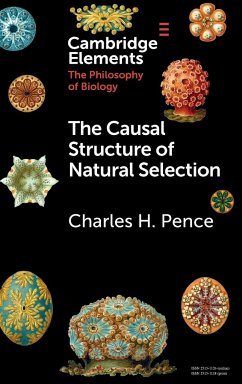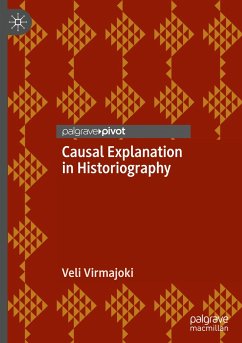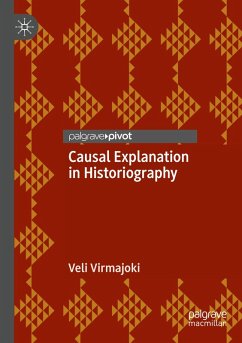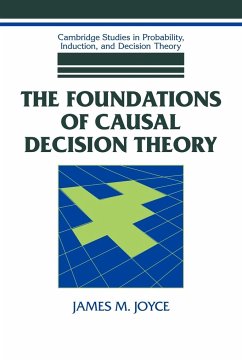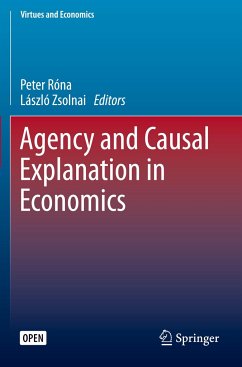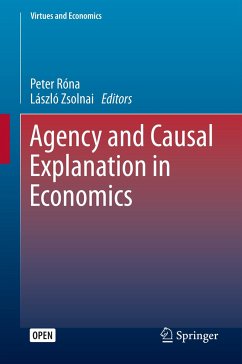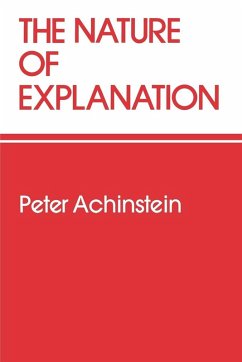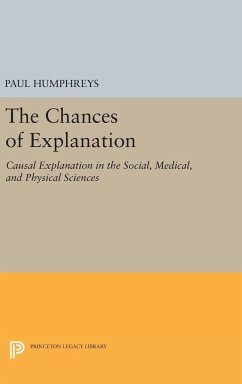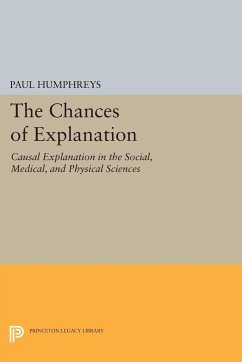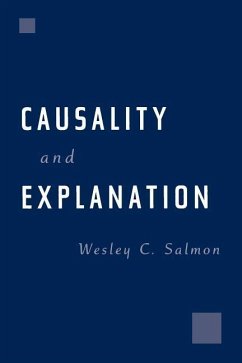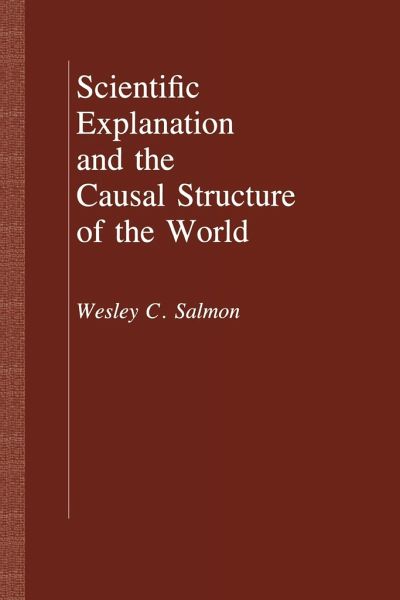
Scientific Explanation and the Causal Structure of the World

PAYBACK Punkte
13 °P sammeln!
The philosophical theory of scientific explanation proposed here involves a radically new treatment of causality that accords with the pervasively statistical character of contemporary science. Wesley C. Salmon describes three fundamental conceptions of scientific explanation--the epistemic, modal, and ontic. He argues that the prevailing view (a version of the epistemic conception) is untenable and that the modal conception is scientifically out-dated. Significantly revising aspects of his earlier work, he defends a causal/mechanical theory that is a version of the ontic conception. Professor...
The philosophical theory of scientific explanation proposed here involves a radically new treatment of causality that accords with the pervasively statistical character of contemporary science. Wesley C. Salmon describes three fundamental conceptions of scientific explanation--the epistemic, modal, and ontic. He argues that the prevailing view (a version of the epistemic conception) is untenable and that the modal conception is scientifically out-dated. Significantly revising aspects of his earlier work, he defends a causal/mechanical theory that is a version of the ontic conception. Professor Salmon's theory furnishes a robust argument for scientific realism akin to the argument that convinced twentieth-century physical scientists of the existence of atoms and molecules. To do justice to such notions as irreducibly statistical laws and statistical explanation, he offers a novel account of physical randomness. The transition from the "reviewed view" of scientific explanation (that explanations are arguments) to the causal/mechanical model requires fundamental rethinking of basic explanatory concepts.




